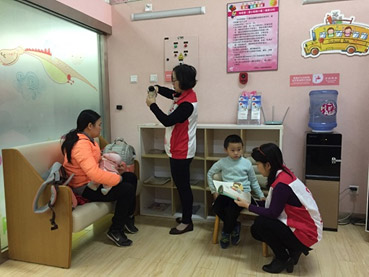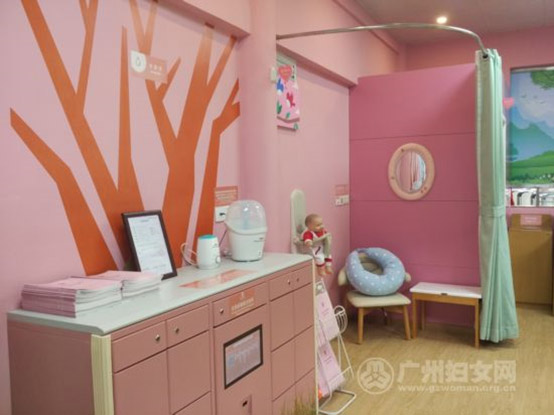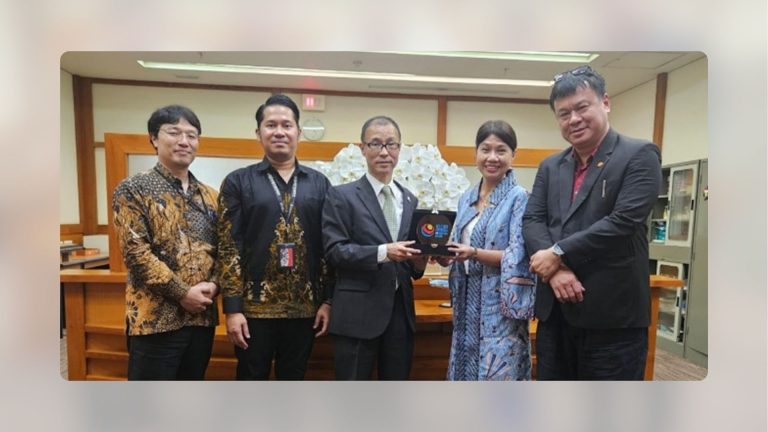Breastfeeding is very important for both babies and mothers. Breast milk gives newborn infants rich nutrition and immunity for certain diseases. Breastfeeding also provides a physical and emotional connection between babies and their mothers, while enabling the latter a quick postpartum recovery. Nevertheless, many cities still do not have adequate policies, regulations or facilities to support breastfeeding in public or workplace. As a result, mothers struggle to find places to perform breastfeeding and quite often they are not ideal or hygienic for babies.
In spite of the high number of populations, there are only 2,643 baby care facilities in over 600 cities across mainland China and only 7 of them have more than 100 baby care rooms. A survey conducted by Yicai and Mead Johnson in February 2019 found that the demands for public baby care facilities in China far exceeds the supplies. Furthermore, the features provided in most baby care rooms in China are limited to only diaper changing table, wash basin and nursing chair. However, mothers or babysitters still need other kinds of support such as milk warming equipment, vending machine for baby products, baby chairs, etc.
The situation is changing in Guangzhou. The city is taking a lead in providing better care for mothers and babies through the “Guangzhou Breastfeeding Promotion Regulation”, referred in short as the “Regulation”, passed by the Standing Committee of Guangzhou Municipal People’s Congress in October 2019. It is the first local regulation to promote breastfeeding in China.
The progress was built on Guangzhou’s earlier effort in 2016, when the Municipal Government issued the “Three-year Action Plan for Promoting the Construction of Baby Care Rooms in Public Space in Guangzhou (2017-2019)”. The plan was to proposed a construction of baby care rooms in key public space in the city. In parallel to this, Guangzhou Women’s Federation released the “Guiding Manual for the Construction of Baby Care Rooms in Public Space in Guangzhou”, which clarified the construction norms and management standards for baby care rooms in public space.
The Regulation adopted in 2019 is based on results of the empirical research, jointly conducted by Guangzhou Women’s Federation, law firms, social welfare organisations, and upon the inputs gathered through various events, field studies and survey questionnaires. Through multi-stakeholder collaboration, the research results were transformed into a draft legislative which was adopted by the Guangzhou Municipal People’s Congress, effectively making Guangzhou the first among the over 600 cities that makes the provision of baby care facilities mandatory by law.
This Regulation highlights the great importance Guangzhou administration attaches to the maternal and child care. It stipulates that a baby care room should be available at medical institutions, transportation sites, public cultural and sport facilities, public service agencies, tourist and leisure places and commercial premises. Entity that fails to comply with the requirement shall be requested to rectify the situation, and could face a fine of up to 50,000 CNY or around 7,100 USD in case that the situation is not improved within a given timeframe.
Besides supporting breastfeeding in public space, Guangzhou administration has taken into account the situation of mothers at work place. They can now take a one-hour break daily to breastfeed their babies during working hours. If they have a twin, they would be entitled to an extra hour for the breastfeeding break. A particular consideration was also given to babies who need breast milk from other mothers. By August 2019, there are 25 Breast Milk Banks in China, two of which are located in Guangzhou. The Breast Milk Bank founded by the Guangzhou Women and Children’s Medical Center has treated nearly 450 sick prematurely born infants and children in intensive care unit. The Regulation stipulates that municipal and district level government should provide fund for the construction and operation of breast milk banks.
Many mother and babies will benefit from these improvements. Around 171,000 new-born populations were registered in Guangzhou in 2018, with a birth rate reaching 18.7 per mill. The number is expected to increase under the two-child policy. As the city implements this initiative to uplift baby-mother care services, both in terms of quantity and quality, China’s future generation will be better treated and can enjoy healthy childhood. This is a significant step towards achieving the Sustainable Development Goals (SDGs) especially SDG 3: ensure healthy lives and promote well-being for all at all ages.


(Sources: Guangzhou Municipal People’s Government, Guangzhou Statistics Bureau, Guangzhou Women’s Federation, Southern Weekend, Yicai.)











